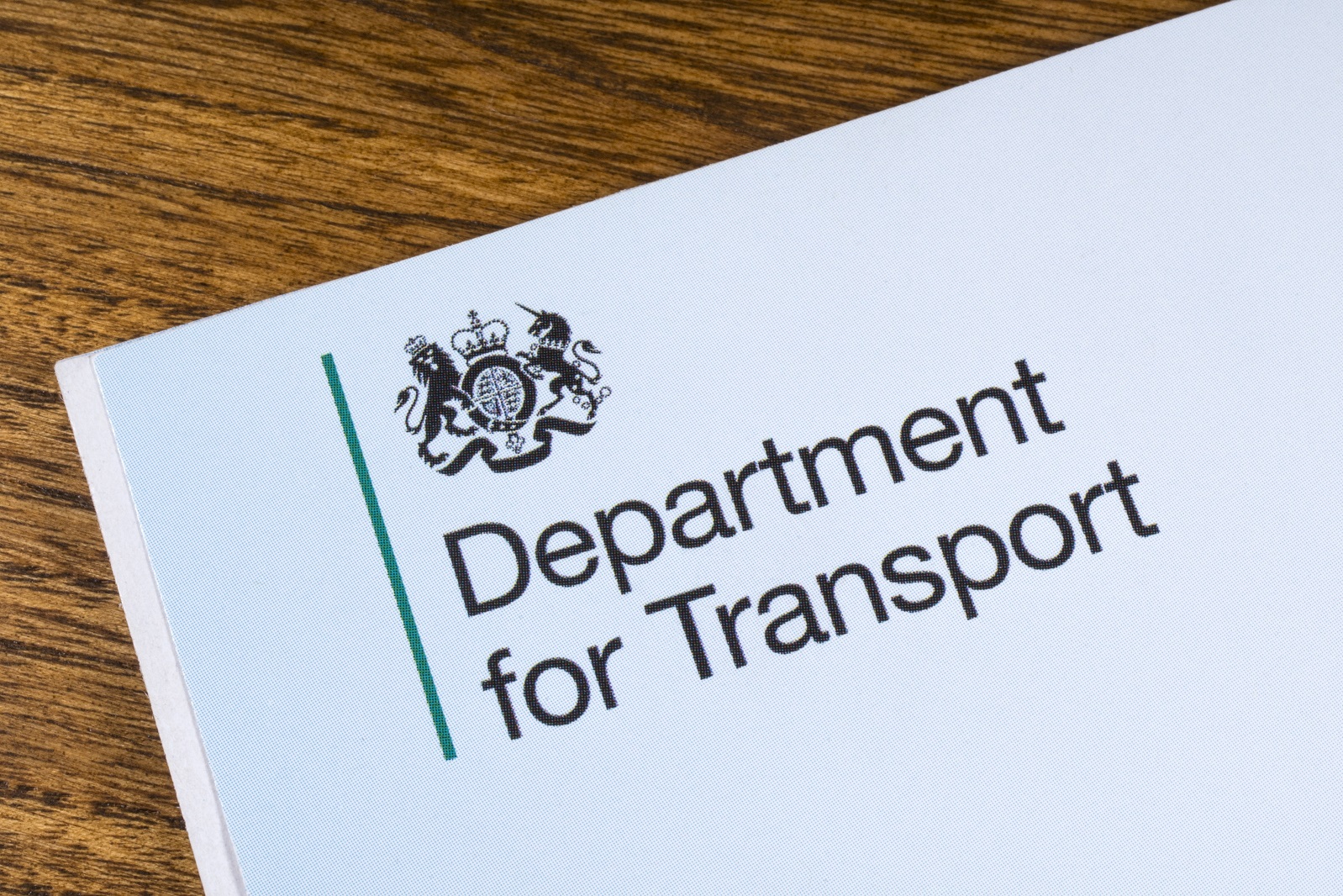Attention has been drawn to potential damage to coach operators that carry out work for the private school sector if Labour’s pledge to remove a VAT exemption from fees at those establishments goes ahead in the long-term.
Such a step has been Labour policy for some time as part of a plan to reform tax breaks applied to private schools. Robinson Kimbolton Managing Director Charles Robinson has written to Labour leader Sir Keir Starmer saying that a likely reduction in pupil numbers from the policy could harm businesses including coach companies.
The Cambridgeshire operator draws much of its work from a nearby private school. Eight of its 11 coaches carry out home-to-school movements for that establishment and it is central to around 80% of the business’s private hires.
The Independent Schools Council has claimed that removal of the VAT exemption could lead to pupil numbers dropping and even threaten the survival of the smallest private schools.
“For our operation, this change would be the last thing we need,” says Mr Robinson. “If it was to be the straw that broke the camel’s back for some parents, it could have a big impact on our business and that of many other coach operators.”
He notes that some home-to-school services operated by Robinson Kimbolton extend “far and wide,” and that a reduction in pupil numbers could lead them to be consolidated into fewer routes.
“I believe that addition of VAT to private school fees could reduce our income by at least 10-20%,” he continues.
Mr Robinson notes that children potentially displaced by the change would be absorbed by state establishments and existing home-to-school services, leading to a net loss of income to the coach and bus industry. He believes that there would be no benefit to public finances from the policy as they would have to absorb the costs of those displaced pupils’ education.
Mr Robinson’s letter to Sir Keir has been passed to the Confederation of Passenger Transport. He is calling on other coach operators to consider whether their businesses could be negatively affected by the policy.



























